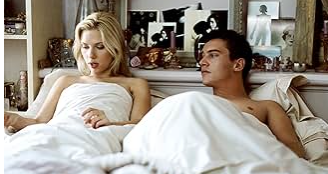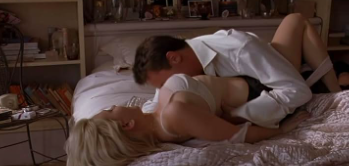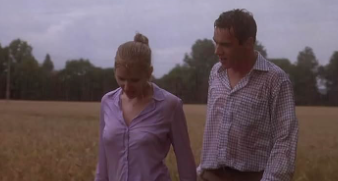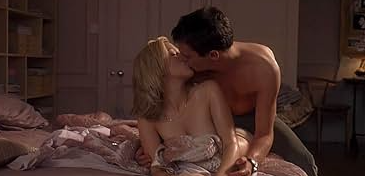
In Match Point, Woody Allen steps away from his usual urban neuroses and comedy, diving into a slow-burning psychological thriller wrapped in elegance and dread. Set in the refined yet cold atmosphere of London’s upper class, the film examines the razor-thin line between success and ruin, love and obsession, guilt and silence.

Chris Wilton, a tennis instructor with charm and ambition, marries into a wealthy family to secure a life he could never afford on his own. Everything seems perfect — on the surface. But when he begins an affair with Nola Rice, a struggling American actress and his brother-in-law’s former fiancée, cracks begin to form in the polished surface of his life.

What unfolds is not a dramatic explosion, but a quiet, creeping descent — where one wrong choice leads to another, and morality becomes something negotiable. Allen brilliantly constructs a narrative where tension is not screamed, but whispered. The audience becomes complicit, watching as Chris rationalizes decisions that grow darker with each act.

Scarlett Johansson shines as Nola — vulnerable, impulsive, and tragically human. Jonathan Rhys Meyers, with his calm demeanor and haunted eyes, becomes the perfect embodiment of a man who wants everything — love, wealth, success — without paying the emotional price. The film’s use of opera and classical music underscores its themes: passion, fate, and the fragility of control.

What truly sets Match Point apart is its ending. It doesn’t seek justice — it offers a chilling reflection on how unpredictable life can be. Sometimes, the guilty walk free, and the innocent are forgotten. Luck, Allen argues, may just be the most terrifying force of all.





